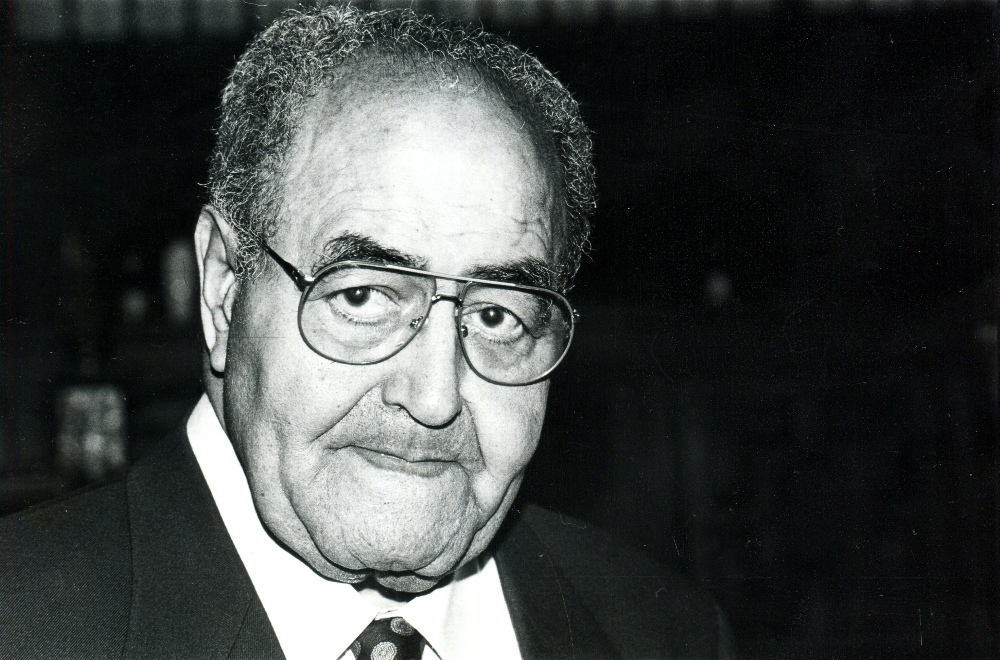 Gastón Baquero by Eduardo Margareto
Gastón Baquero by Eduardo Margareto
Born in Banes, Cuba, in 1916, Gastón Baqero grew up in the countryside, a rural beginning that figures as one element in his, in many ways very urbane, poetry. He was part of the Orígenes group, a gathering of rather diverse poets including Lezama Lima, Eliseo Diego, Cintio Vitier and Fina Garcia Marruz, who collaborated on the highly influential journal of that name between 1946 and 1956. The Orígines group was at the centre of a major renovation of Cuban poetry, moving it away from 19th Century models towards a range of new aesthetics, notably the neo-barroque movement associated especially with José Lezama Lima.
Baquero worked as a journalist for several newspapers connected to the Batista regime and so left Cuba at the time of the revolution in 1959. He lived in Madrid till his death in 1997. Exile, with its accompanying solitude and refocusing, had a profound effect on Baquero’s poetry. Most commentators feel his poetry written in Spain is far more powerful than what he was writing as a younger man in Cuba.
The poems translated here all date from his years in Spain and were selected from Antología poética, a selection edited by Francisco Brines, published in Madrid, 2002. For more poems by Baquero in English translation, the interested reader is especially directed to Mark Weiss’ magnificent sampler of Cuban poetry The Whole Island: Six Decades of Cuban Poetry. There is also a selection of his poetry available in translation by Greg Simon and Steven White entitled The Angel of Rain.
Spring in the Metro Between Goya and Velázquez suddenly the darkness stopped. We could feel poppies burst open just behind the bricks, a sonorous revelation, a hymn, a curtain suddenly pulled back to transport us all at once from night to dawn, from gloom to rapture, from indifference to surprise. What a flood of sudden light between Goya and Velázquez! And the Metro transformed to a small golden square for the blind boy, to soft joyous bread for the old man who lives alone. Hurled from darkness to light, magically, become something else in one instant: a fairy godmother’s carriage, a steed, a garden at midday. Between Goya and Velázquez all suddenly happy, all blissfully consuming the dazzling newness of light! I had gone down into the Metro with thoughts of winter – sonnets by Quevedo, gloomy ashes of Paul Klee – and between jolts I read each of them, frowning grimly, to forget time. An unexpected sound, an imperious summons, singing light, snatched us all at once towards golden regions: from the charcoal of Goya we crossed in one leap to the mild breeze of Velázquez. And the Metro was dancing with happiness, as if it was listening to poems by Jorge Guillen set to music by Vivaldi; and the serious office worker closed his ABC, the young woman with glasses turned up her nose at the final pages of Agatha Christie, and – a miracle – the lovers stopped gazing at each other, and the children grew bored with Superman and went back to being kids: all filled with joy, speechless with happiness, we felt the planet again pour its light on us like a village woman spilling a whole jar of honey on her cakes. Yes: in the Metro, one morning, between Goya and Velázquez, I took part in the birth of Spring.









